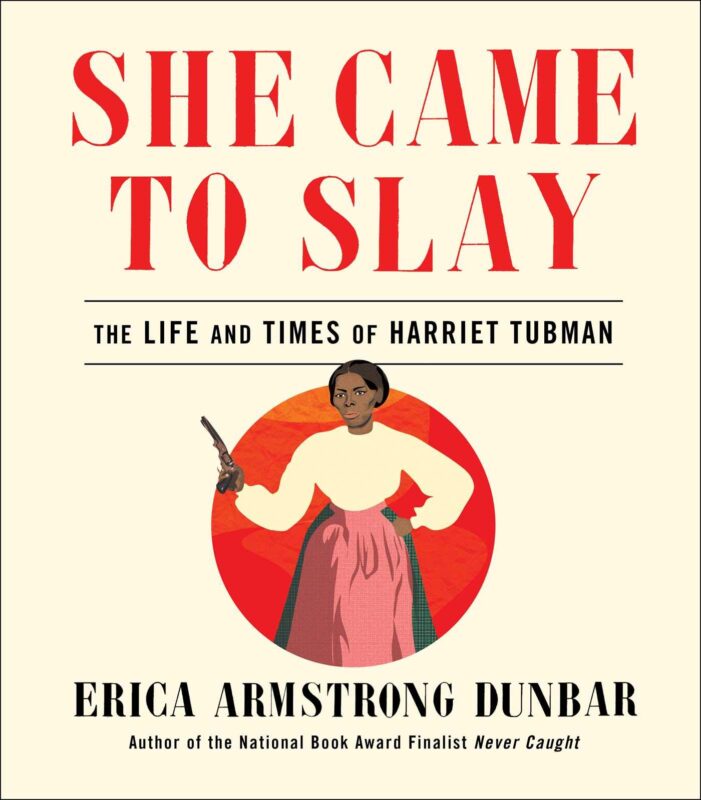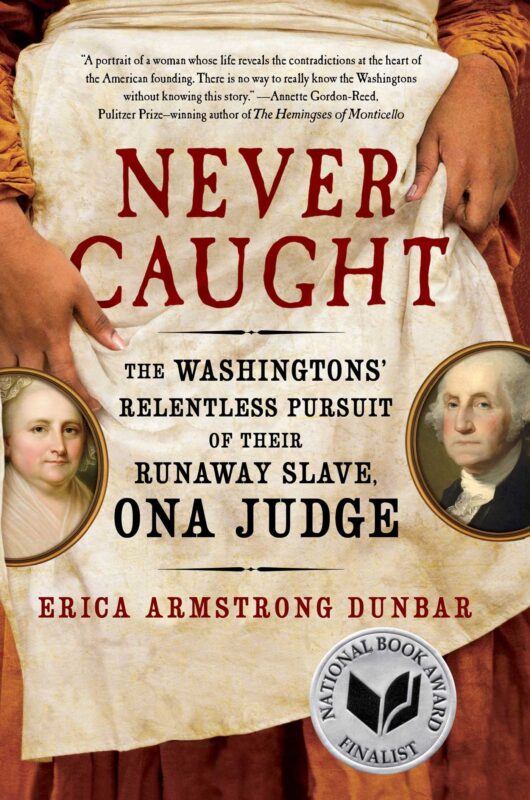She Came to Slay: The Life and Times of Harriet Tubman
Series: Reads and Reviews, Reads and Reviews - August 2021
Genre: Historical Nonfiction - Middle Grade
(Middle Grade reading level - No real content concerns, although it does discuss the trauma of slavery)
This book chronicles the life of Harriet Tubman. It includes details about her early life, her work on the Underground Railroad, her service in the Civil War, and her circumstances after the war. Dunbar takes the biographic information about Tubman and combines it with a more informal narrative to imbue humanity into the details of Tubman's life. Tubman's life is so incredible and unimaginable, and Dunbar made her seem human and vulnerable.
This book really demonstrated how biographies should be written for middle-grade readers. Students at that level need to have a connection to historical characters. The emotions and the inner monologue of a person like Tubman makes the story of her life seem much more recent and modern. I flew through this book as it read much more like a novel than a historical biography.
Truly, this is an excellent book. It's a must-have for your classroom library.
More info →Never Caught: The Washingtons’ Relentless Pursuit of Their Runaway Slave, Ona Judge
Series: Blog Post Topics, Books Discussing Slavery in America
Genre: Historical Nonfiction - Adult
This is a true story of Ona Judge, a slave of George and Martha Washington, who ran away from them while living in Philadelphia. As the title indicates, Judge was never caught, and she never returned to slavery.
This book combined several narratives in order to paint as clear a picture as possible of Ona Judge’s life. Her story is centered within the lives of the Washington family, and within the time period in general. Dunbar engaged in speculative writing in order to attempt to create a clear vision of what Judge’s life may have been like post enslavement. What I like best about this story was the agency demonstrated by Dunbar in her escape, and the help she received from the free black community.
Historians are often criticized for writing history with a narrative voice, and they are criticized for writing history with a more clinical and dispassionate voice. Dunbar combined both of those styles in this book, and I would argue that it made the story more appealing and compelling.
This book is best suited for high school students, as it deals with the issues of agency and sex more directly. Still, the writing makes the book engaging enough for a student who might also love historical fiction.
More info →



